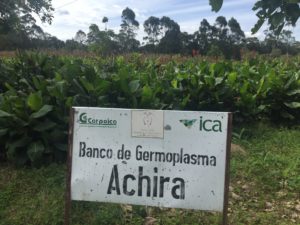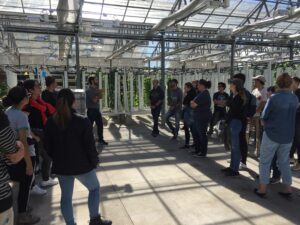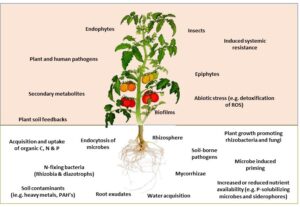Teaching
Currently teaching:

Achira germplasm bank at Agrosavia research station near Rio Negro, Colombia.
Colombia is a dynamic and incredibly diverse country that growers a unique assortment of crops including coffee, cacao, plantain, bananas, rice, achira and lulo. The agricultural industry is changing rapidly following the conclusion of a decades long civil war, bringing new opportunities for some farmers and challenges for others. Urban agricultural systems are thriving in large cities like Bogota and Medellin, making the most of their tropical environment to grow food year round and increase economic opportunities. However, like many areas in the tropics, farmers are already realizing the negative effects of climate change. For example, low-lying regions can no longer support the production of key crops due to rising temperatures, which is putting further strain on these systems. This new study abroad course will teach students how the principles of ecology can be applied to develop more productive and sustainable systems, they will also learn about the importance of local cultures in these initiatives, and how new technological innovations can contribute to the development of these systems.
Previously taught:
Plant Propagation (HORT201; taught every spring; 2010-2014) This course provided students with an overview of plant propagation and highlighted relevant applications in horticulture and landscape architecture. Lectures focused on developing student understanding of the biological principles underlying propagation techniques, and laboratory exercises provided students with hands-on opportunities to practice these techniques. Many of the laboratory exercises were updated to support the new Sustainable and Food Systems Major, such as those focusing on vegetable grafting and seed saving activities.


